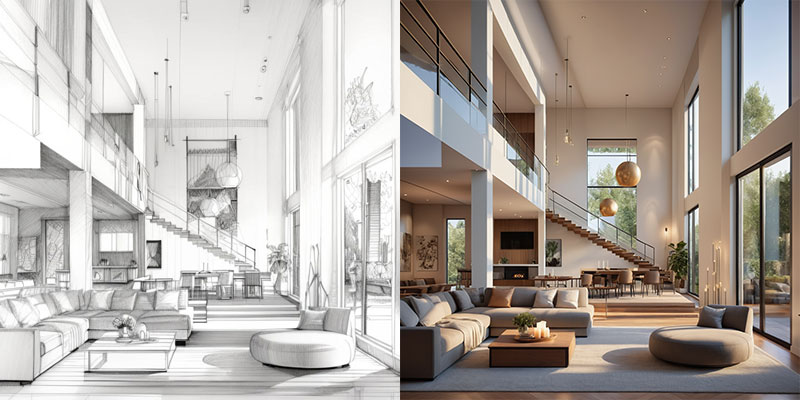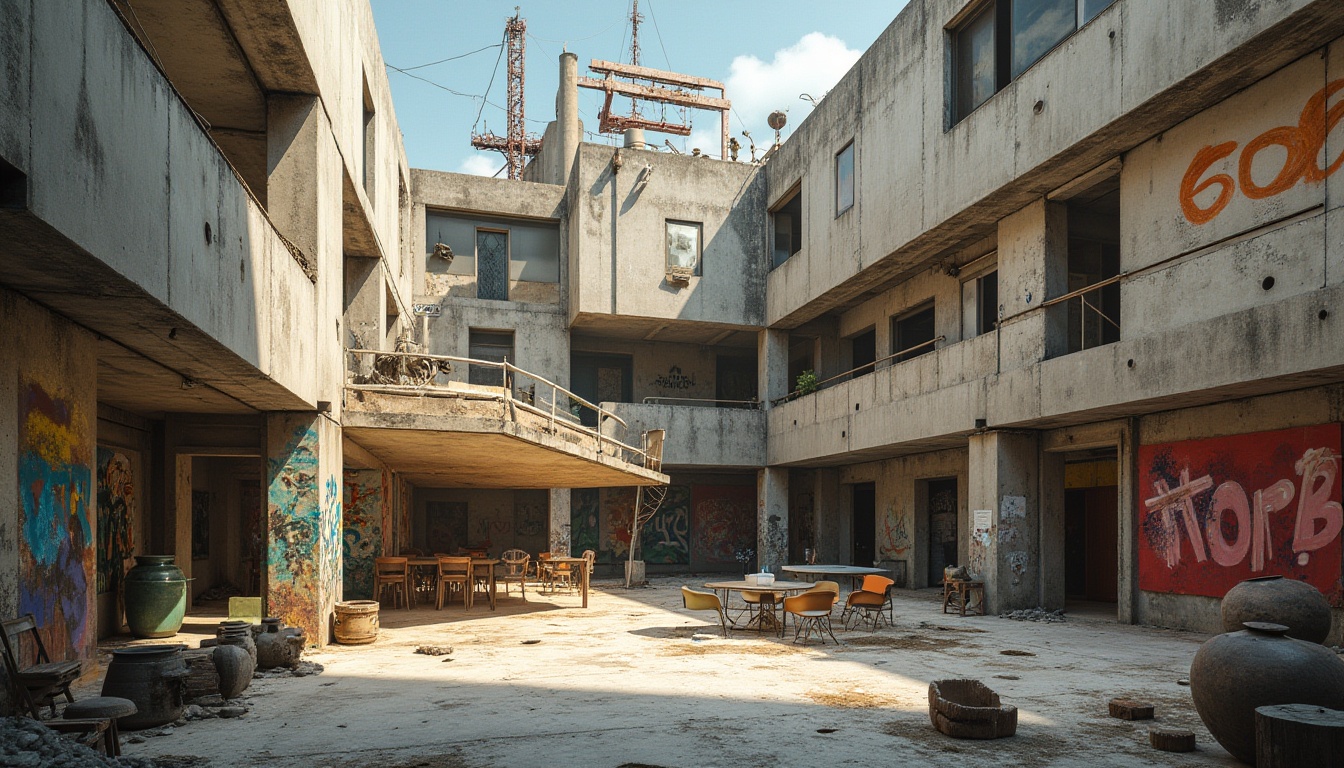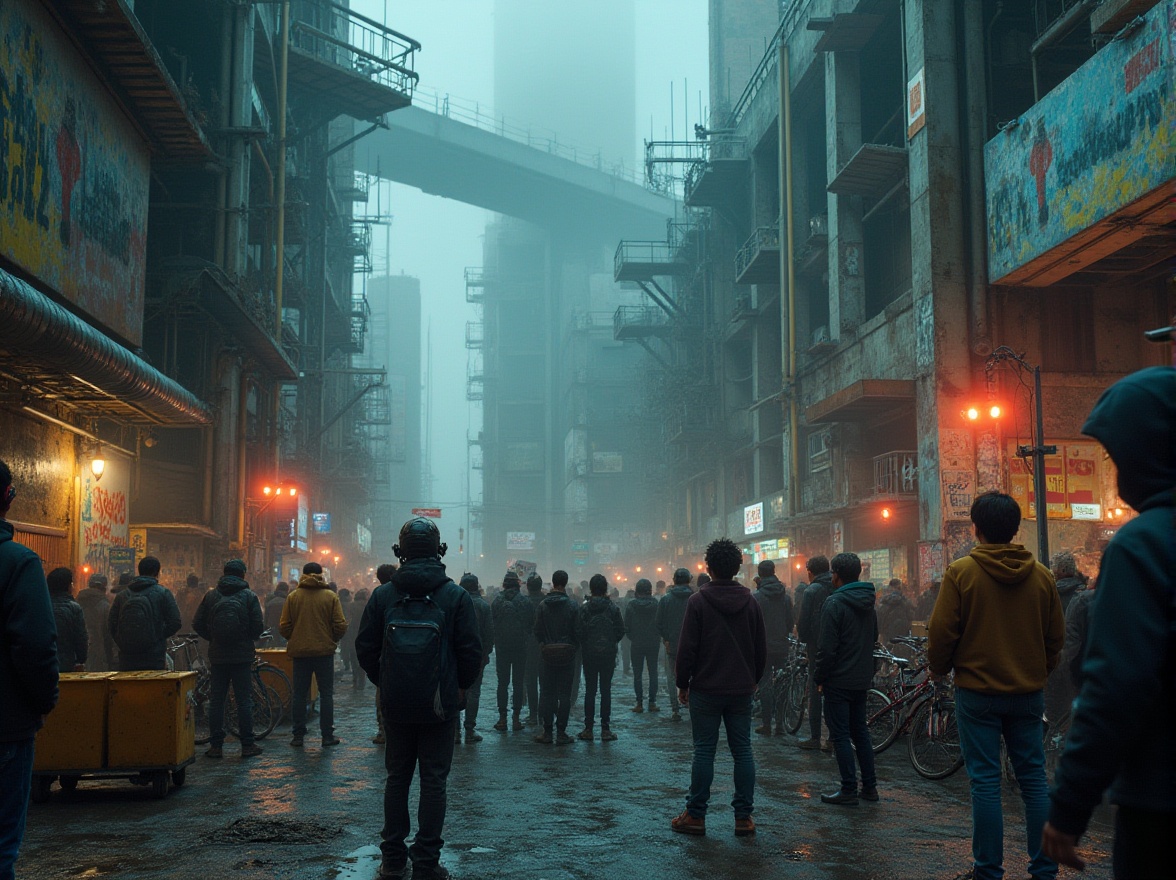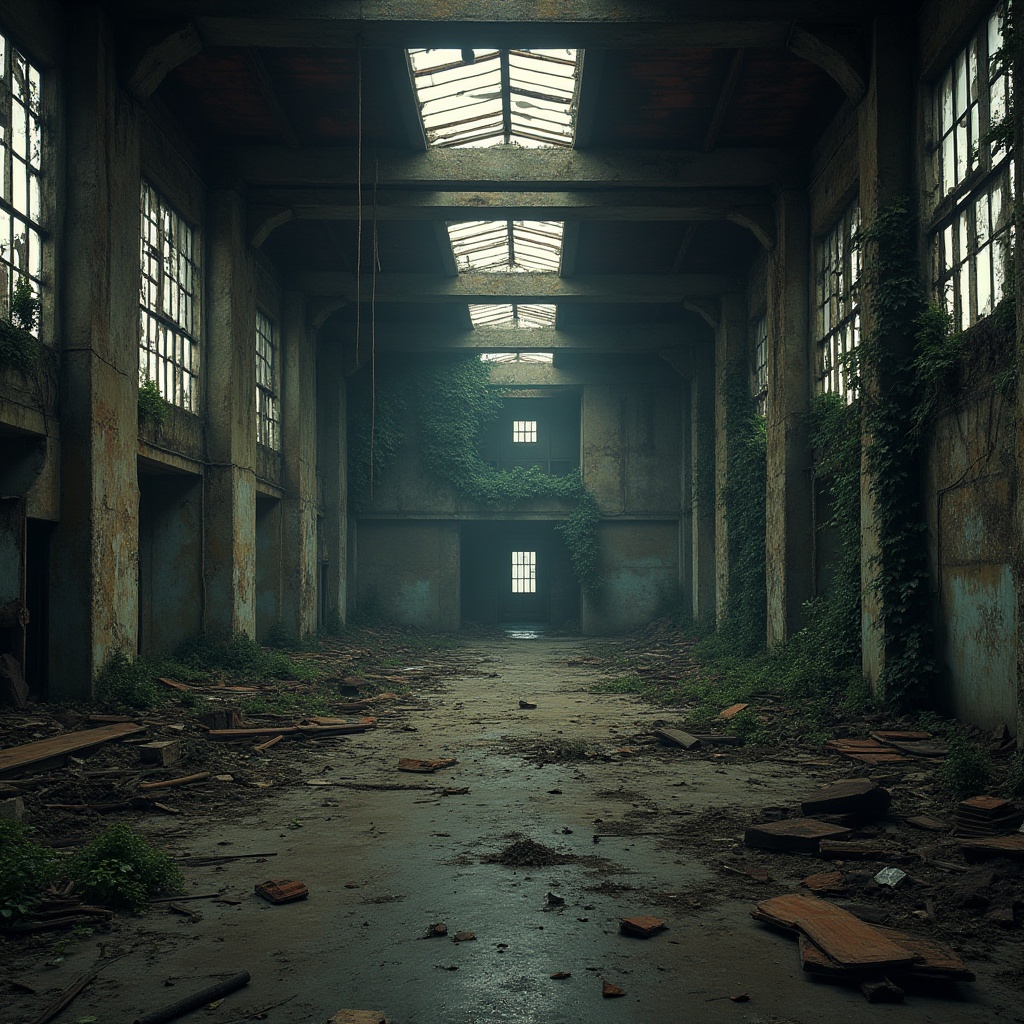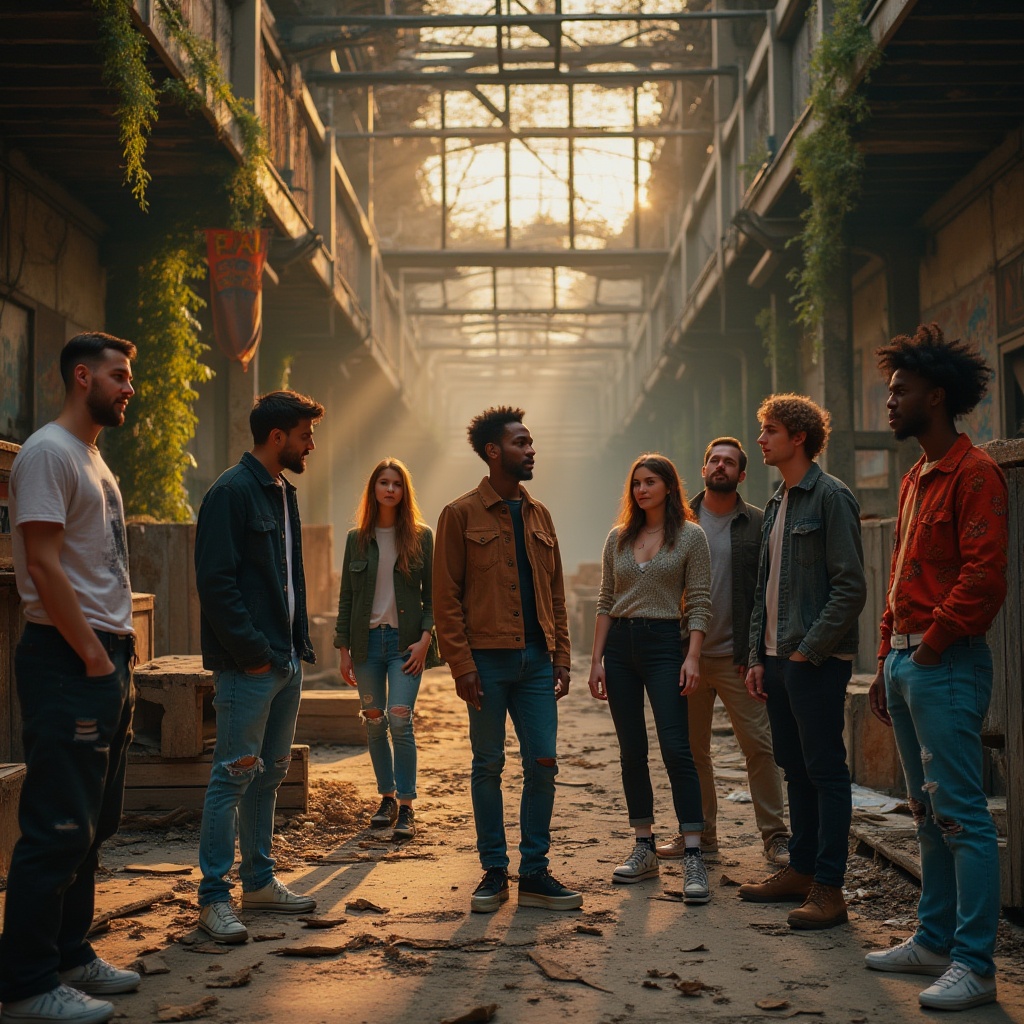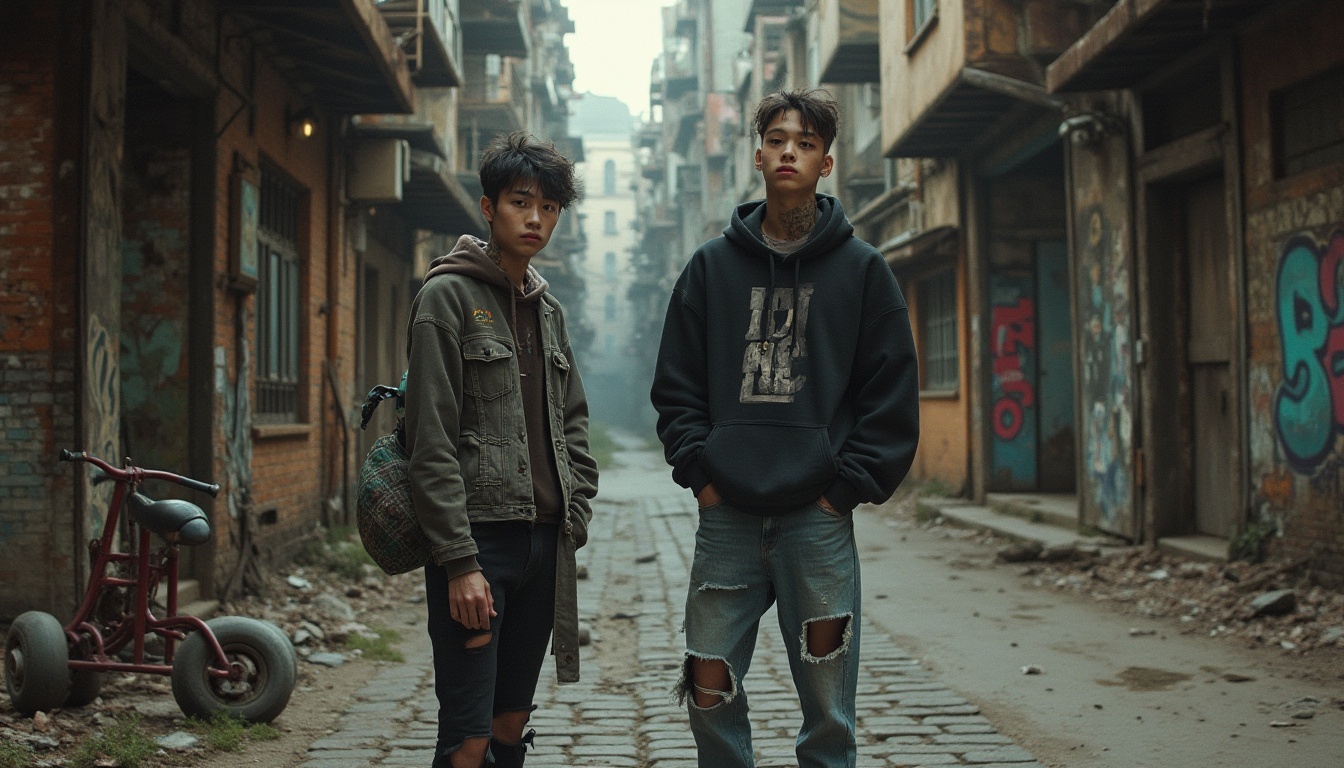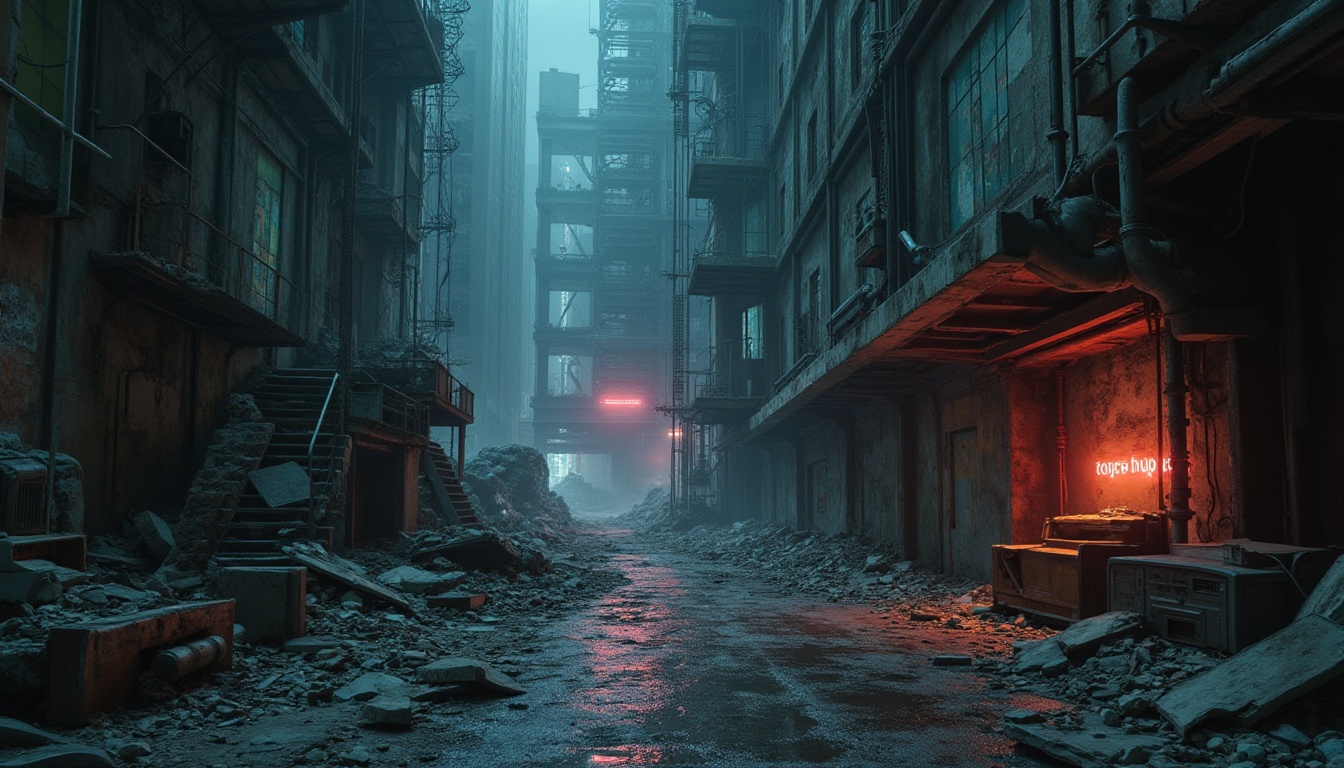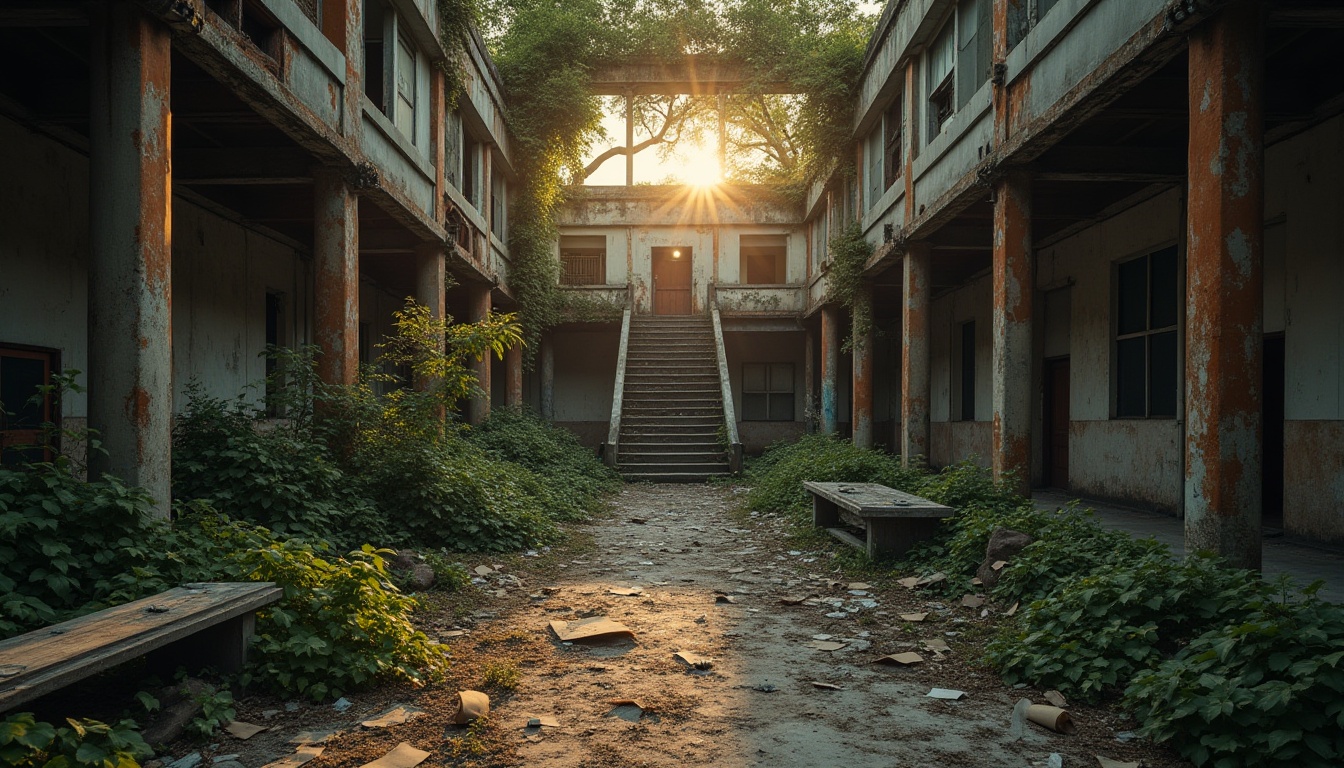Пригласите Друзья и Получите Бесплатные Монеты для Обоих
Community Deconstructivism Style Design Ideas
Community Deconstructivism style is a fascinating architectural approach that challenges traditional design norms. This style often incorporates unconventional shapes and forms, creating a sense of dynamism and fluidity. When combined with bamboo materials and dark gray colors, it results in a striking aesthetic that is both modern and environmentally friendly. In suburban settings, these designs can transform ordinary spaces into extraordinary environments, offering a unique blend of functionality and artistic expression.
Exploring the Essence of Community Deconstructivism Style
Community Deconstructivism style is characterized by its fragmented forms and non-linear designs. This architectural movement seeks to break away from conventional structures, allowing for a more organic and free-flowing approach to design. By embracing asymmetry and unexpected shapes, this style creates visually stimulating environments that encourage interaction and engagement within communities.
Prompt: Deconstructivist architecture, community center, modern brutalist building, abstract geometric shapes, fragmented concrete walls, irregularly shaped windows, metal beams, industrial pipes, distressed wood accents, vibrant street art murals, eclectic furniture, urban cityscape, sunny afternoon, warm softbox lighting, 3/4 composition, shallow depth of field, gritty texture, post-apocalyptic ambiance.
Prompt: Deconstructivist community, futuristic architecture, abstract shapes, fragmented buildings, exposed pipes, industrial texture, neon lights, urban setting, night scene, foggy atmosphere, misty mood, avant-garde style, 3D composition, high-angle shot, dramatic lighting, bold colors, graffiti art, street art, urban decay, abandoned lot, broken pavement, trash cans, old bicycles, worn-out sneakers, ripped jeans, hoodies, skateboards, diverse group of people, mixed ages, races, and genders, protesting, holding signs, chanting slogans, passionate facial expressions, realistic portraits, cinematic rendering.
Prompt: Deconstructivist architecture, community essence, abandoned factory, broken walls, rusty iron beams, shattered windows, overgrown vegetation, vines crawling up walls, dimly lit interior, eerie atmosphere, post-apocalyptic feel, futuristic ruins, decaying concrete, exposed pipes, crumbling bricks, neglected surroundings, worn-out wooden planks, peeling paint, oxidized metal, industrial waste, desolate landscape, bleak skyscape, dramatic lighting, low-angle shot, cinematic composition.
Prompt: Deconstructivist community, abandoned factory, crumbling walls, ivy-covered steel beams, shattered windows, rusty machinery, scattered debris, dimly lit, warm orange tone, atmospheric mist, broken concrete floor, old wooden crates, torn fabric banners, eclectic group of people, diverse ages, mixed ethnicity, casual clothing, ripped jeans, worn sneakers, bold hairstyles, bright makeup, confident poses, strong facial expressions, dynamic body language, expressive hand gestures, lively conversations, laughter and debates, warm sunlight filtering through broken roof, dramatic shadows, cinematic composition, 3/4 view, shallow depth of field.
Prompt: Deconstructivist community scene, broken concrete walls, rusty metal beams, abandoned buildings, graffiti-covered streets, dimly lit alleys, old-fashioned street lamps, crumbling brick roads, vintage bicycles, forgotten tricycles, worn-out sneakers, ripped jeans, oversized hoodies, messy hair, tattoos, piercings, avant-garde makeup, bold eyeliner, abstract murals, urban decay, industrial texture, gritty atmosphere, low-key lighting, Dutch angle composition, high-contrast colors, film grain effect.
Prompt: Deconstructivist community, futuristic cityscape, abandoned skyscraper, broken concrete, rusty pipes, neon lights, cyberpunk atmosphere, mysterious alleyways, foggy nightscape, dark corridors, dimly lit staircases, worn-out graffiti-covered walls, fragmented mirrors, shattered glass, torn fabric, scattered debris, old computers, dusty machinery, eerie silence, 3/4 composition, high contrast lighting, cinematic mood.
Prompt: Deconstructivist architecture, abandoned community center, broken columns, shattered glass, worn-out concrete walls, rusty metal beams, ivy-covered rubble, dimly lit interior, old wooden benches, scattered papers, forgotten memories, overgrown gardens, crumbling stairs, eerie atmosphere, warm sunset light, cinematic composition, 3/4 view, Dutch angle shot.
The Role of Bamboo Material in Modern Design
Bamboo is an incredibly versatile and sustainable material that has gained popularity in modern architecture. Its natural strength and flexibility make it an ideal choice for Deconstructivism style, where unconventional forms are paramount. Additionally, bamboo's eco-friendly properties align perfectly with contemporary design philosophies that prioritize sustainability, making it a favored option for suburban developments.
Dark Gray Color: A Bold Choice for Suburban Spaces
The use of dark gray color in Community Deconstructivism style adds a layer of sophistication and depth to suburban designs. This color not only enhances the visual appeal but also provides a striking contrast against natural elements like bamboo. Dark gray can evoke a sense of modernity and elegance, making it a popular choice for homeowners looking to make a bold statement in their architectural choices.
Integrating Nature with Deconstructivism in Suburban Areas
Integrating natural elements into Deconstructivism style is essential for creating harmonious suburban environments. By incorporating bamboo and other organic materials, architects can design spaces that resonate with their surroundings. This approach not only enhances the aesthetic appeal but also promotes a sense of well-being and connection to nature, which is increasingly important in today's urbanized world.
Community Engagement Through Innovative Design
Community Deconstructivism style fosters engagement and interaction among residents. By designing spaces that encourage socialization and collaboration, architects can create vibrant communities. This style's unique forms and open layouts invite people to gather, share experiences, and build connections, ultimately enhancing the quality of life in suburban areas.
Conclusion
In summary, Community Deconstructivism style, when combined with bamboo materials and dark gray colors, offers a unique and innovative approach to suburban design. This style not only challenges traditional architectural norms but also promotes sustainability and community engagement. By embracing these elements, designers can create spaces that are not only visually stunning but also functional and environmentally responsible.
Want to quickly try community design?
Let PromeAI help you quickly implement your designs!
Get Started For Free
Other related design ideas

